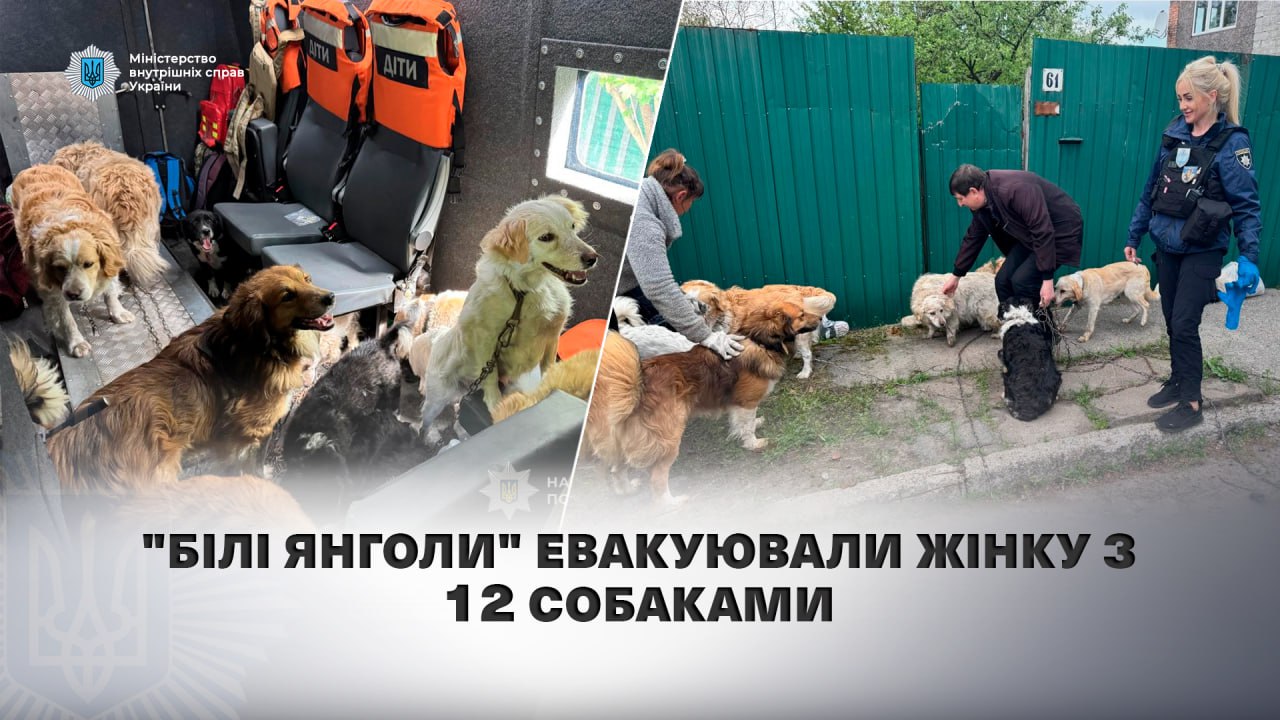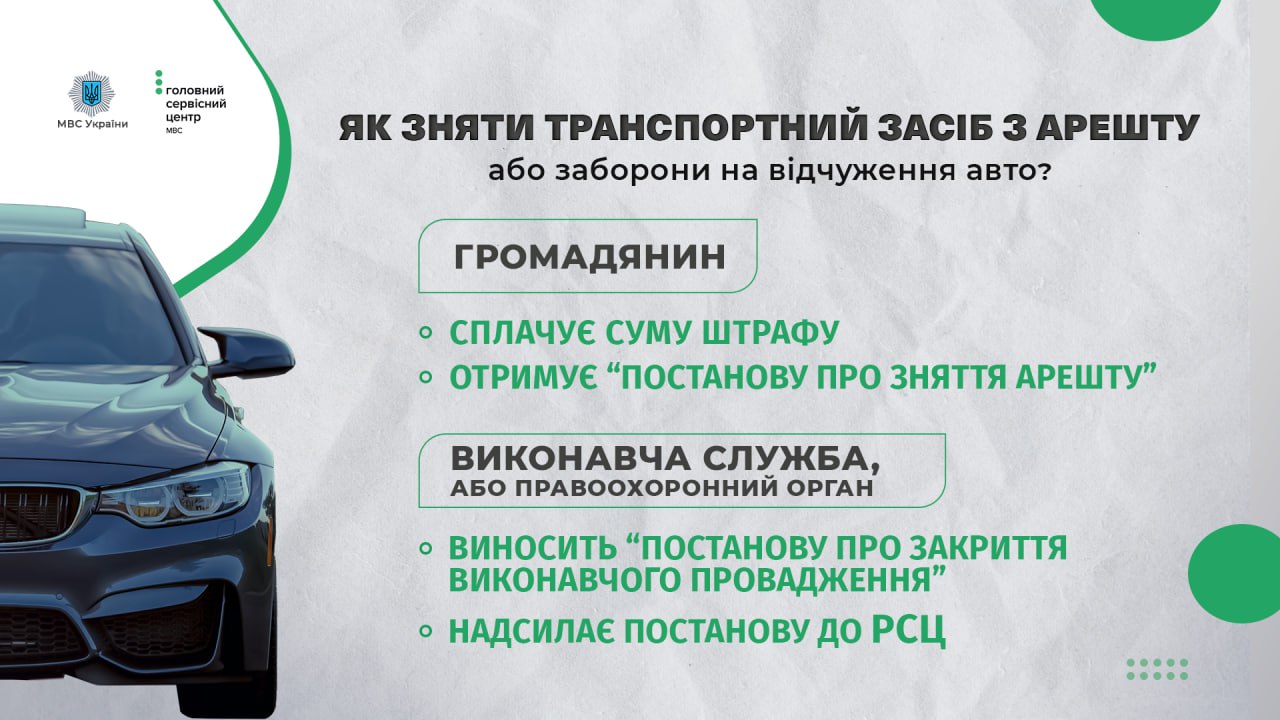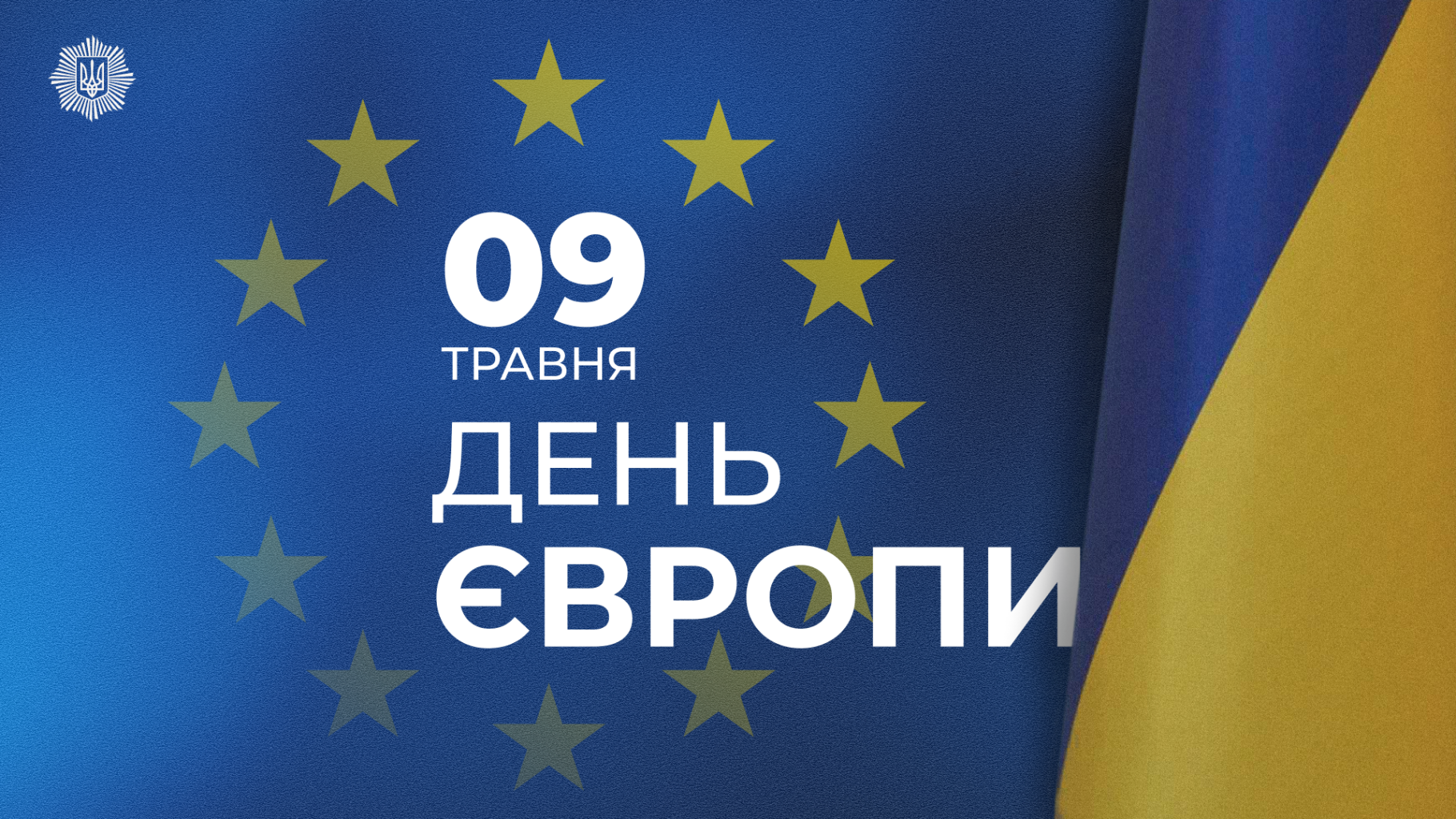Guard with call sign Mat told about the fighting for Mariupol

On the eve of a full-scale invasion, enemy vessels violated the territorial waters of Ukraine. The Roto-Tactical Group, which was based during the rotation on the outskirts of Mariupol, was subordinated to Azov.
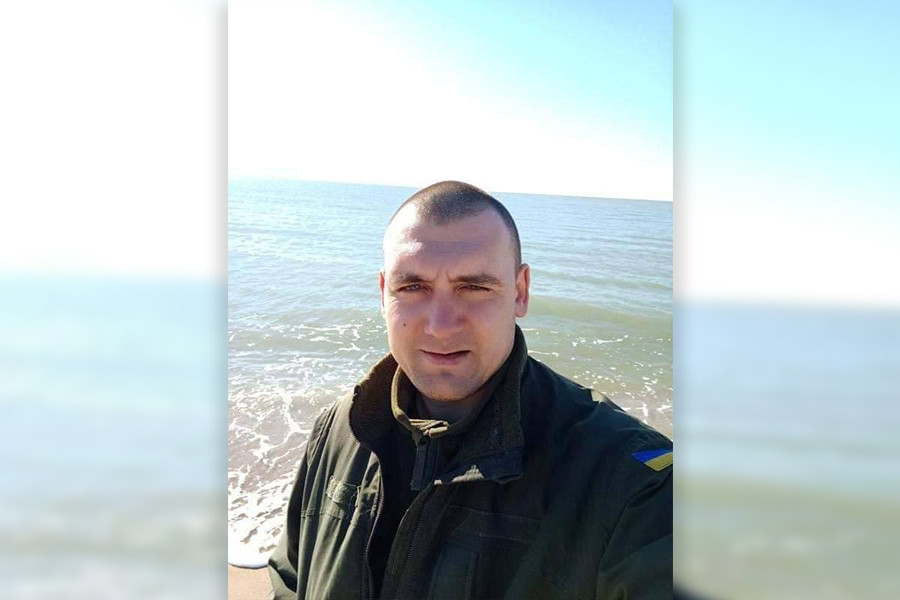
“We met the first battle for Mariupol at the checkpoint on March 2. A breakthrough of enemy equipment from the side of the settlement of Mangush was expected and our unit arrived for reinforcements. Russian troops stormed the checkpoint from tanks, trying to break through the defenses, but their attack was repelled. Over time, a more convenient position was chosen, which became a “bone across the throat” for the occupiers - the road was clearly visible from it, and the enemy's heavy equipment repeatedly tried to conduct “reconnaissance by battle”. Several units of their equipment were destroyed during such sorties,” says Matt.
Within a few days, street fighting began.
“We moved around the city in small groups, 4-5 people each. They were given the task of holding this or that section, defending positions. The Russians did not spare the shells — they hit us with everything they had. Tanks, “Grad”, “Hurricanes”, multi-caliber artillery, strike aircraft, dropped phosphorus bombs on their heads,” the guard recalls.
The elder over the group in which the guard was located was an Azov with the call sign “Once or twice”.

“We didn't remember names, everyone communicated only with callsigns. And everyone tried to be with one of “their”. What is it for? We understood that this is a war, and it carries losses. My comrade and I stayed together from the first day, so we were given the call letters Shah and Mat,” the military says.
According to him, the Russians constantly monitored the movement of the military, listened to the walkie-talkies and, if the Ukrainian military occupied positions, tried to “smoke” them from there - burning whole buildings, leaving only an incinerator. This is what Mariupol has become for three months.
“The greatest harm was to civilians, ordinary civilians. Russian soldiers do not pity anyone. I remember passing by the entrance, near which three Mariupol citizens, two men and a woman were preparing lunch for themselves. And after a few minutes they were killed by a Russian shell,” the guard says.
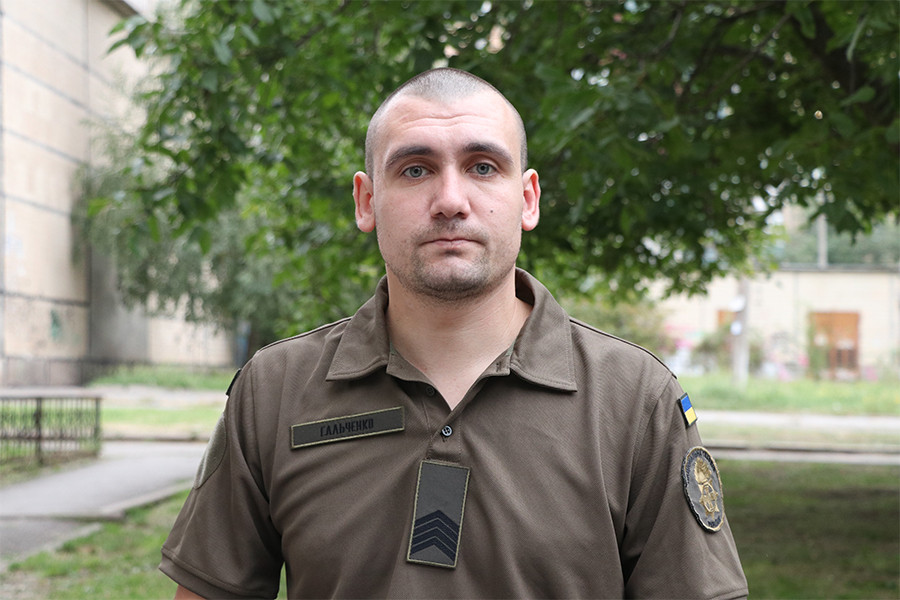
“I don't regret being in Mariupol. The Russians attacked us, and we honored the order — kept the defense and adequately defended our land,” Matt said.
After one of the next attacks, the man received a serious hip injury. Under shelling, they were able to evacuate him to a field hospital, where he received medical care. A few days later from Azovstal, he was captured in a colony in Novoazovsk. On June 29, as part of the exchange, Matt returned home and is undergoing treatment.
National Guard of Ukraine




